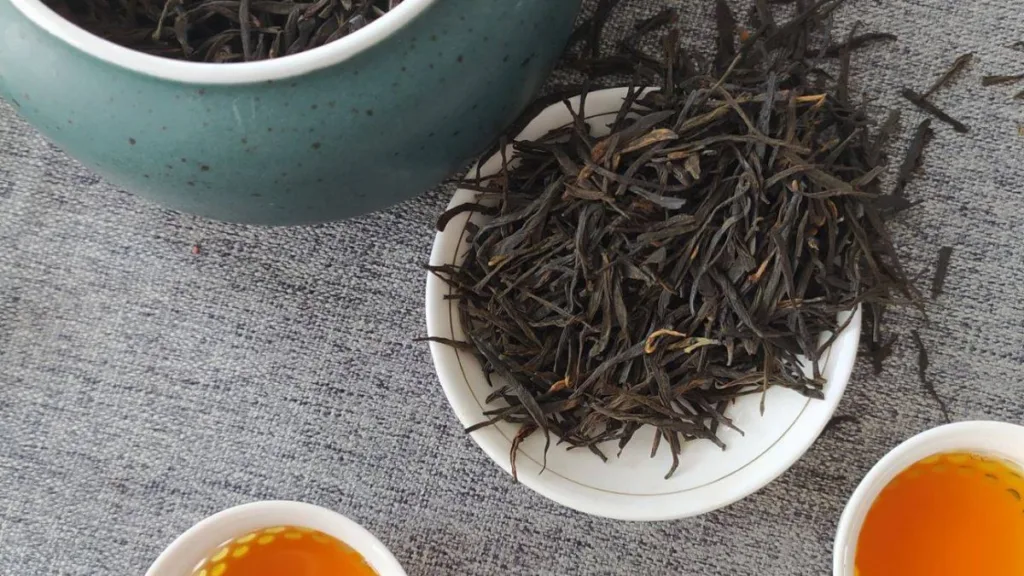Drinking tea can have certain benefits for the lungs, but it’s essential for patients to consume it in moderation. While tea can be beneficial for respiratory health, it primarily serves as a complementary measure and is not a substitute for the treatment of lung diseases. Tea does not have inherent healing properties.
Black tea, which contains tea polyphenols and vitamin C, can boost the body’s immune system, reducing the risk of colds and other respiratory diseases. Additionally, the aromatic compounds in black tea can help soothe the respiratory system and relax muscles, providing relief from discomfort during infections or allergy-induced symptoms. Moreover, black tea has been found to promote the lymphatic system and blood circulation, both crucial for maintaining lung health. Proper blood and lymphatic circulation support the lungs in efficiently transferring oxygen.
Tea, a traditional Chinese beverage brewed from tea leaves, including varieties like green tea, black tea, jasmine tea, pu-erh tea, chrysanthemum tea, and Tie Guan Yin, has been associated with nourishing yin, moistening the lungs, and detoxifying. However, these effects are relatively mild, serving as supportive actions. Drinking excessive amounts of tea can potentially impact sleep and digestive functions, affecting overall health. Therefore, it’s advisable for patients to consume tea in moderation.
If individuals experience discomfort in the lungs, such as coughing, wheezing, or chest tightness, prompt medical examination at a reputable hospital is recommended to identify specific causes and initiate targeted treatment. While drinking tea can be part of a healthy lifestyle, it is not a cure for underlying lung conditions.
For patients with lung nodules, moderate consumption of black tea is generally considered safe and may even provide some nutritional benefits. However, it’s important to note that black tea contains caffeine, which can stimulate the central nervous system, promoting gastric acid secretion. Therefore, it’s advisable to avoid consuming black tea before bedtime to prevent potential issues like insomnia and excessive gastric acid production.
In conclusion, drinking tea, particularly black tea, can have certain positive effects on lung health. The tea’s polyphenols, vitamin content, and aromatic compounds contribute to immune system enhancement, respiratory system relaxation, and improved circulation. However, it’s crucial for individuals to maintain moderation in tea consumption and seek medical advice for respiratory symptoms to ensure appropriate diagnosis and treatment.



